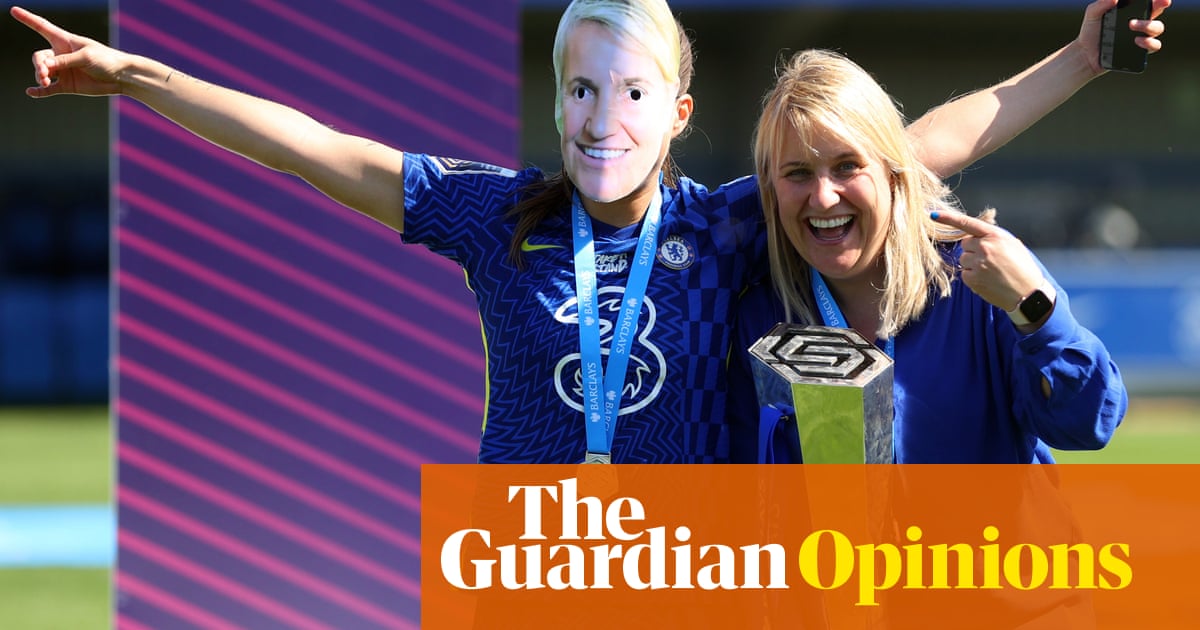
After a decade and a half as German Chancellor, Angela Merkel will step down after federal elections at the end of September. Her steady hand and pragmatic leadership have helped Europe navigate a series of threats, from debt crises to migrant swells, and Brexit to America First and the coronavirus pandemic.
It is unclear yet who Germans believe would be a worthy successor to the “crisis manager in chief.” However, whatever the decision by voters in Europe’s most populous nation, with the largest economy and most politically stable institutions, it will have a profound impact on the EU’s future.
Most analysts believe the next ruling coalition will feature the Greens and the CDU. The two parties have never been in a coalition before, and while the former seeks deeper EU integration, the latter may prefer to slow things down considerably and focus inward. Whatever compromises emerge, the transition from Merkel will be risky. It is no longer a matter of who will replace her, but the enormous vacuum Europe will have to grapple with over the next few years.
Just as there are front-runners within Germany, projections of post-Merkel EU leadership have also identified a few potential successors. Franco-German cooperation has traditionally dominated the bloc’s leadership and influenced its overall trajectory. However, to many Europeans, French President Emmanuel Macron has become too divisive and too disruptive a figure to replace Merkel, necessitating France’s cooperation with either Italy or Spain as Merkel’s successor settles into their role.
Merkel’s signature stoicism, preference for consensus, and insistence on preserving the status quo have helped mediate opposing demands and broker compromises.
Hafed Al-Ghwell
Under a temporary French-Italian leadership, we could just see an ambitious, reform-minded EU — with some resistance from the frugal Nordic, Benelux, and Baltic states. Realistically, the likelihood of this duo capably succeeding Merkel is small, given the domestic challenges they face. Italian Prime Minister Mario Draghi certainly has Merkel’s charisma and the political prowess to realize his pro-EU vision, but a precarious political landscape at home and pandemic-induced woes will continue to preoccupy the former head of the ECB.
Spain"s Prime Minister, Pedro Sánchez, has busied himself with creating coalitions and building bridges between diametrically opposed camps within the EU. He has neither sought to challenge the Franco-German duopoly nor attempted to turn it into a trio, despite his aim to make Spain more visible in the EU’s leadership echelons. Building bridges and founding flexible coalitions run counter to Berlin’s designs for EU integration with Germany at the center.
Merkel’s signature stoicism, preference for consensus, and insistence on preserving the status quo have helped mediate opposing demands and broker compromises. However, for a future EU looking to shake up how it engages with itself and with the rest of the world, consensus-building and sticking to tradition are no longer viable strategies.
If the void in the wake of Merkel’s departure is not filled, or is a hotly contested matter in Brussels, it could affect the euro’s long-term viability, especially if the bloc fails to smoothly implement the recovery fund and reform of fiscal rules. Additionally, it took Merkel’s active involvement to get the EU-China investment deal across the finish line; obtaining the European Parliament’s approval will require careful nudging and effective handling of the numerous delicate compromises the EU is built on. Lastly, should the EU take its eyes off the ball, it could encourage obdurate leaders such as Turkey’s Recep Tayyip Erdoğan to take bigger risks in the eastern Mediterranean, and even accelerate the erosion of the rule of law in Hungary and Poland.
Hafed Al-Ghwell is a senior fellow with the Foreign Policy Institute at the John Hopkins University School of AdvancedInternational Studies. Twitter: @HafedAlGhwell
Disclaimer: Views expressed by writers in this section are their own and do not necessarily reflect Arab News" point-of-view












